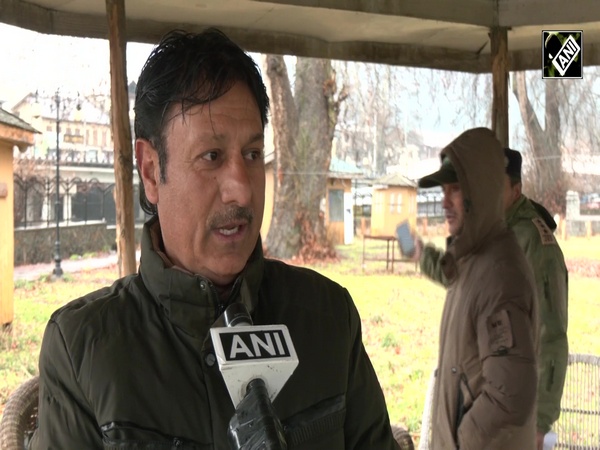Karachi residents stage 12-hour protest over power, water shortages
Sep 11, 2024

Karachi (Pakistan), September 11 : Residents of Karachi staged a sit-in protest on Hawkes Bay Road in front of Mauripur Main Bazar, blocking traffic to express their frustration over the lack of electricity and water, The Express Tribune reported.
According to the report, the 10-hour protest on Tuesday caused major traffic disruptions in the area, with long queues of vehicles forming and citizens facing significant challenges.
Locals reported that the electricity issue had persisted for the past seven days, severely impacting their daily lives. They also complained about receiving high electricity bills despite the ongoing power outages and water shortages. Despite filing several complaints, no action had been taken, prompting the protest.
A spokesperson for Karachi Electric stated that the problem was due to non-payment of Pakistani currency (PKR) 185 million.
Further, traffic police officials reported that at 9:50 am on Monday, residents gathered in front of the K-Electric Sahulat Center Mauripur on Hawkes Bay Road, blocking both lanes and disrupting traffic flow. To manage the situation, police diverted traffic from Hawkes Bay Road to Suparco via Musharraf Cut, while vehicles from Gulbai Truck Stand were directed to form a line.
By 8 pm, the protest was still ongoing, resulting in the suspension of traffic on both lanes of the main highway and causing long vehicle lines.
According to a traffic police spokesperson, the lengthy protest at the main Mauripur Bazaar on Hawkes Bay Road concluded at 10:20 pm, after which traffic flow was restored. The protest, which began at 9:50 am on Monday, lasted over 12 hours and was driven by grievances over the lack of electricity and water.
According to Dawn, Pakistan has been experiencing persistent power shortages and load shedding, particularly during peak summer months. This is due to a combination of factors, including outdated infrastructure, inefficiencies in power generation and distribution, and rising demand.
















